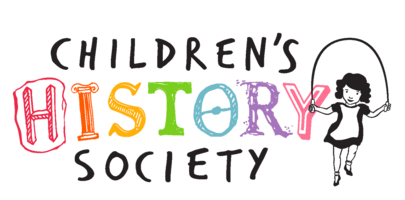The Children’s History Society holds a major international conference every two years. You can view information about our previous conferences and other events below, including lists of speakers and selected recordings.
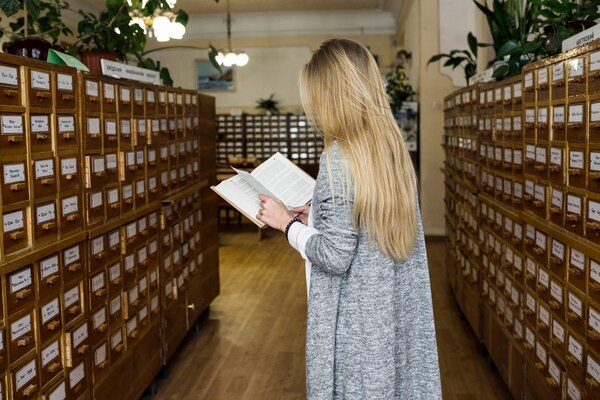
CHS Postdoc Funding Panel
Join our PGR and ECR reps online on Thursday 13th March 2025 from 5-6pm GMT to hear from three humanities postdocs funded through competitive grants, with time for a Q&A at the end!

Children's Worlds Through Time (July 2024)
Children's History Society Conference, 4-6 July 2024, hosted by Newcastle University.
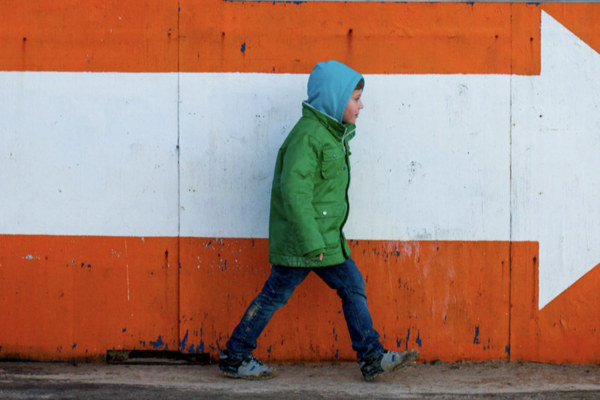
Trajectories of Youth History (2022)
Online symposium co-hosted by the Society for the History of Children and Youth and the Children’s History Society, 22-23 June 2022.
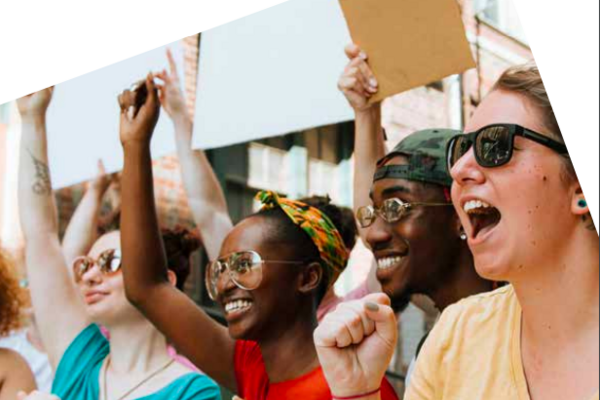
Children and Young People Speaking Up and Speaking Out (2020)
Children's History Society Conference, 17-19 June 2021, hosted online by Manchester Metropolitan University.
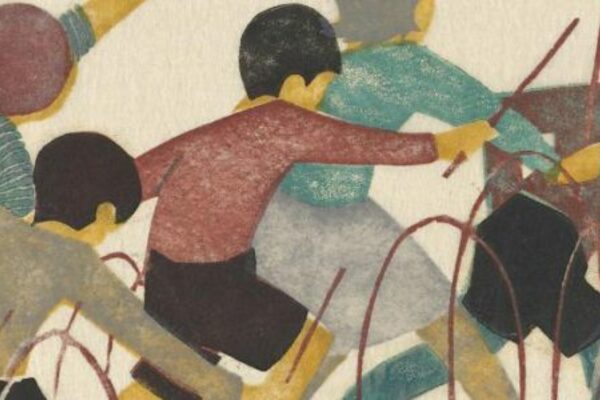
Children and Youth on the Move (2018)
Children's History Society Conference, 21-23 June 2018, University of Greenwich, London.
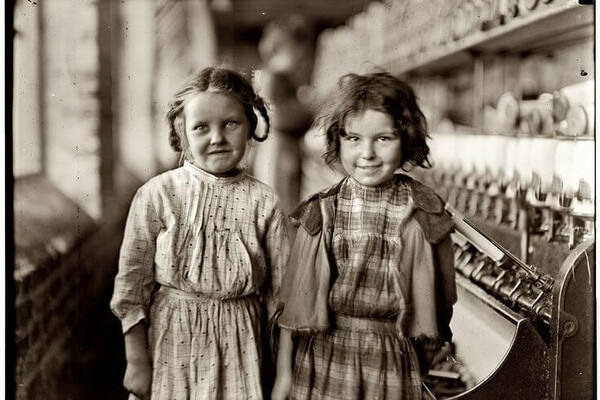
Horrible Histories? Children’s Lives in Historical Context (2016)
Children's History Society Conference, 16-18 June 2016, King’s College London.
Watch videos below from our biennial conference thanks to the History Research Centre & Manchester Centre for Youth Studies at Manchester Metropolitan University
Day One
The following YouTube Playlist features twenty-two papers from our first day of the conference.
It begins with Carla Pascoe Leahy's paper: "Nothing Else Matters: Environmental Activism in the Age of the Anthropocene".
Other speakers include Bjorn Lundberg, Felix Seibert, Karen Sands-O’Connor, Claudia Soares, Laura Harrison, Claire Phillips, Michael Lambert, Margaret Beetham, Susannah Wright, Jasper Heeks, Charlotte Slark, Mary Clare Martin, Susan Deacy, Lisa Maurice, Heather Shore, Miranda Sachs, Elizabeth Dillenburg, Helen King, Sarah Minslow, Jessamy Carlson, Gillian Lamb and April Pudsey.
Keynote Addresses
The following YouTube Playlist features our three keynote addresses from the conference. These include:
Reading and Rebellion: The Narrative of the Radical Child
By Jane Rosen (Imperial War Museum), Michael Rosen and Professor Kimberley Reynolds (Newcastle University, UK)
Experiences Writing With and For Young People by Alex Wheatle MBE
'Obscure, Plain and Little': Orphan Girls in 19th and 20th c. Literature by Professor Judith Evans Grubbs (Emory, US)
Day Three
The following YouTube Playlist features fifteen papers from the third day of the conference.
It begins with Elizabeth Well’s paper: “‘Rights of Boys’: Pupil Insurgency in English Public Schools in the Age of the French Revolution”.
Other speakers include Catherine Freeman, Richard McElligott, Riona Nic Congáil, David Niget, Isaac W. Larison, Kimberley McFall, Sophie Handler, Elizabeth Dillenburg, Emma Gooch, Holly Nielsen, Dorota Michulka, Denechere, Elizabeth Raine, Mary Ikoniado and Vassiliki Vassiloudi.
Day Two
The following YouTube Playlist features twenty-two papers from the second day of the conference.
It begins with Beate Müller's paper: "War Children, Generational Discourses: West German Student Essays on the Nazi Era".
Other speakers include Laura Tisdall, Anne Luke, Denise Arzuk, Samir Hamdoud, Simon Sleight, Mischa Honeck, Ville Vuolanto, Sonya Nevin, Rachel Bryant Davies, Owen Hodkinson, Antoine Burgard, Ana Carden-Coyne, Kirsten Kamphuis, Jack Hodgson, Yinka Olusoga, Sophie Heywood, Rachel A. Neiwert, Lois Burke, Boaz Cohen, Tali Berner and Zehavit Schenkolewski.
Masterclasses
Masterclass 1: Material Cultures of Childhood
Dr Sally Waite (Archaeology, Newcastle University) and Andrew Parkin (Keeper of Antiquities, Hancock, Great North Museum, Newcastle) present a Masterclass on material cultures and artefacts for studying childhood in the classical Graeco-Roman world.
Masterclass 2: The Autistic Labyrinth: Anyone May Enter…
Dr Cora Beth Fraser (The Open University) presents a Masterclass on using Classical Myths, such as the Minotaur in the Labyrinth, in learning with autistic children.
Masterclass 3: Colonial Pasts / Cosmopolitan Futures
Dr Chole-Germaine Buckley (Manchester Met) presents a Masterclass on YA literature and historical writing.
